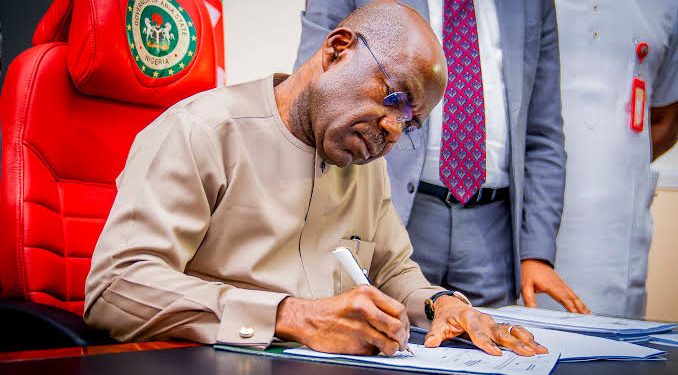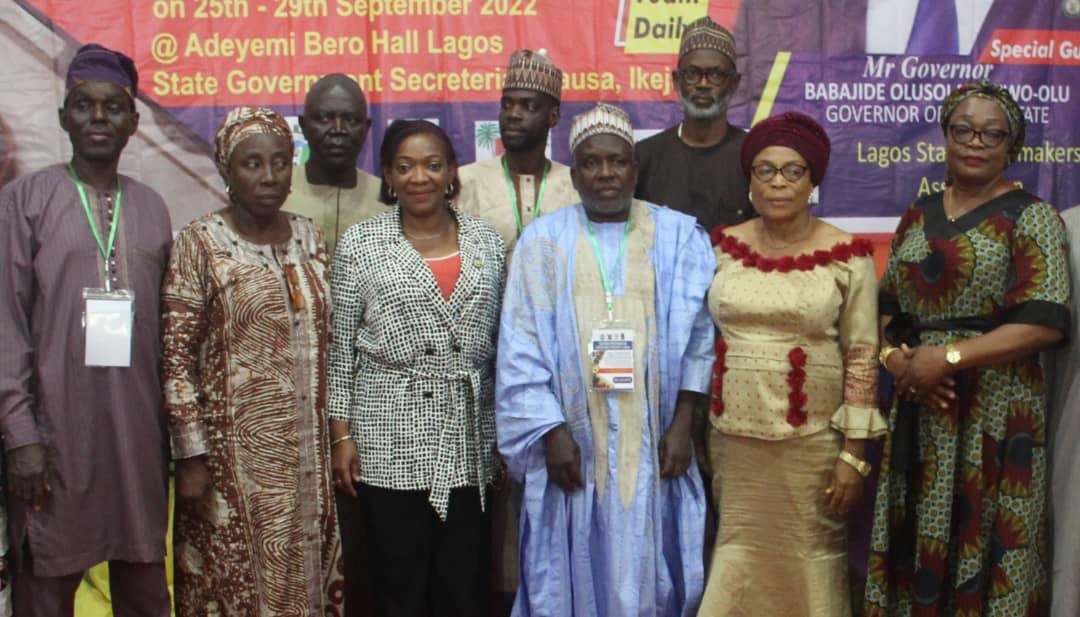Abia State Governor Alex Otti has projected that Aba, the state’s commercial hub, could rise to dominate Africa’s fashion industry if its finished leather and garment makers are supported to scale their businesses.
Speaking at the onboarding of 2,000 entrepreneurs in the second phase of the Future Fashion Programme (FFP), organised by Ethnocentrique in partnership with the Mastercard Foundation, the governor described Aba as a hub of creativity, innovation, and manufacturing skill. The FFP is part of a larger vision to transform the city’s thriving fashion sector into a globally competitive industry.
The Future Fashion Programme is a skills and local economy development initiative targeting young people, entrepreneurs, creatives, women, men, and persons with disabilities. It aims to equip them with the technical expertise, business knowledge, and resources needed to succeed in today’s fast-paced fashion landscape. The programme also seeks to build a strong pipeline of skilled professionals and fashion MSMEs capable of boosting local economies while contributing to Africa’s growing position in global fashion.
Represented by his Chief of Staff, Caleb Ajagba, Otti said his administration is investing heavily in infrastructure to make Aba more business-friendly, from improved road networks to enhanced market facilities. He emphasised that knowledge and capacity-building are more critical than immediate funding.
“Money is not the most important thing in business. With the right knowledge, money will come. But without the skills to manage it, no amount of funding will be enough,” he said.
The governor also pointed to the recently launched Aba Export Lab, designed to help entrepreneurs standardise their products for international markets, ensuring that goods meet global quality requirements. This, he noted, will position Aba’s fashion products to compete effectively beyond Nigeria’s borders.
FFP Programme Coordinator, Jeremiah Ubunama, announced that 4,000 micro, small, and medium entrepreneurs in Aba’s fashion cluster will benefit from tailored support. This includes access to finance, entry into new markets, business development services, and intellectual property training to protect their creative work.
Industry observers note that the programme’s approach aligns with broader African economic development goals, where the creative sector is increasingly recognised as a driver of job creation, export earnings, and cultural influence. With the African Continental Free Trade Area (AfCFTA) lowering trade barriers across the continent, cities like Aba stand to benefit by positioning themselves as manufacturing and export hubs for high-quality African-made products.
If the FFP succeeds in scaling up production capacity and raising quality standards, Aba could join the ranks of Africa’s leading fashion capitals, opening new opportunities for thousands of entrepreneurs and strengthening the continent’s creative economy.










